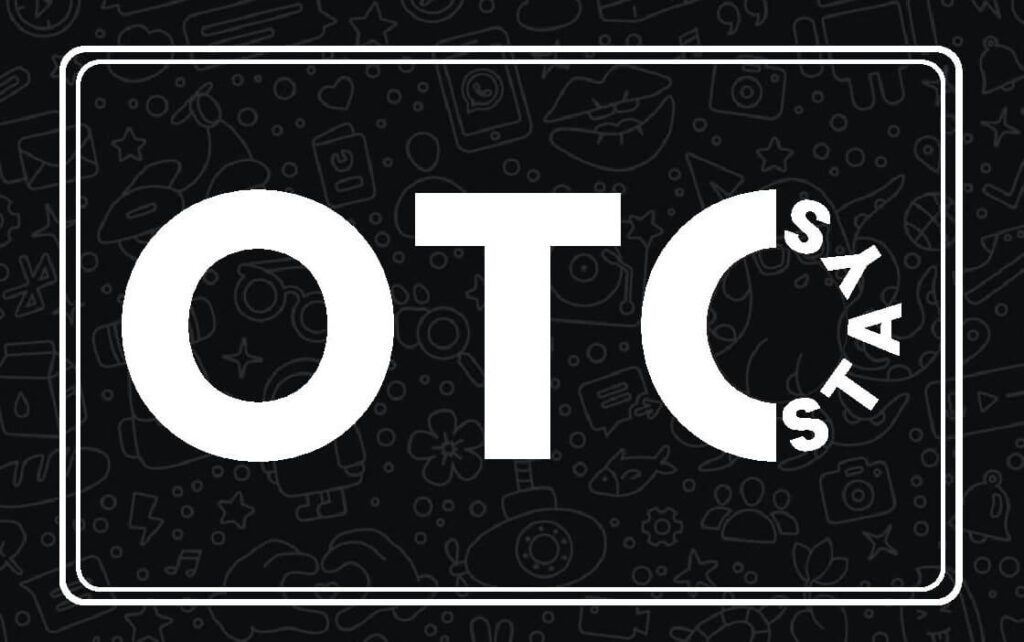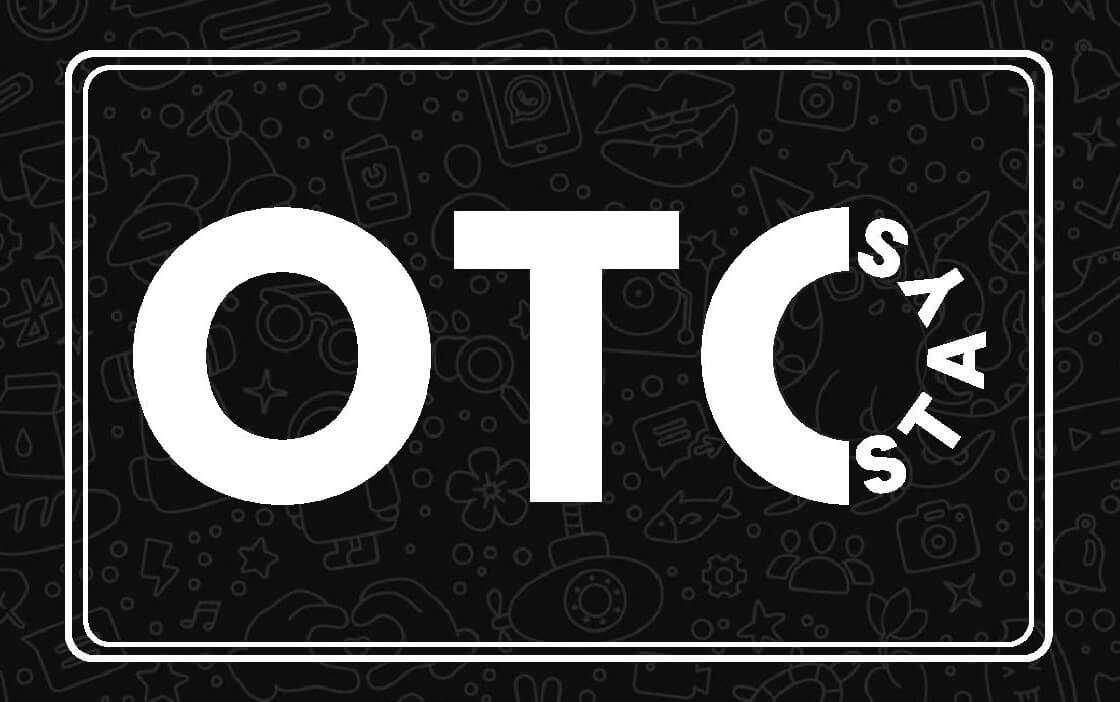
Do College Admissions Drug Test? Pros and Cons Explained

Navigating the college admissions process can be daunting, especially when you’re unsure about policies like drug testing. While it’s not a widespread practice, understanding the landscape of drug testing in college admissions is crucial. You might wonder if your dream school will require a drug test before you can even step foot on campus.
Historically, some colleges, like Linn State Technical College, mandated drug testing for new students. However, this practice was deemed unconstitutional in 2013, shifting the focus towards maintaining a drug-free campus environment. Now, the average student isn’t typically subject to drug tests, but there are exceptions, especially for those involved in extracurricular activities. Let’s dive into what you need to know about drug testing and college admissions.
Overview of College Admissions Drug Testing
When you’re gearing up for the college admissions process, understanding the landscape of drug testing policies is essential. While not widespread, some institutions may have policies that could impact your admissions journey. Given the evolving legal and societal attitudes towards drug use, staying informed is more critical than ever.
Drug testing in college admissions isn’t a standard practice across the board. Most colleges and universities focus on academic achievements, extracurricular activities, and personal statements when considering applicants. However, specific programs, especially those related to healthcare, law enforcement, or athletics, might mandate drug testing as part of their admissions criteria or ongoing participation requirements. These sectors often have stringent drug-free policies due to the nature of the professions they lead into and the liabilities involved.
If a college does require drug testing, it typically follows federal and state laws to ensure fairness and privacy. The testing process often involves submitting a urine sample, which a certified lab then analyzes for common illicit substances like marijuana, cocaine, opiates, and amphetamines. It’s worth noting that with the legalization of marijuana in several states, colleges in those areas may adjust their policies accordingly.
In cases where a drug test is positive, students might have options. They could be allowed a retest, especially if they dispute the initial findings. For those taking medication for a legitimate medical condition, colleges may require documentation to exempt those drugs from the test results. Moreover, some institutions provide support for students who struggle with substance use, offering counseling or treatment programs instead of immediate disciplinary action.
Understanding these policies and your rights can help you navigate the college admissions process more effectively. It’s also an opportunity to consider your choices and the implications of substance use as you transition to college life.
Reasons for Drug Testing in College Admissions
Colleges and universities are increasingly focused on creating safe and conducive environments for learning. One aspect that’s been garnering attention is the implementation of drug testing in college admissions. It might seem unexpected, but there are valid reasons behind such policies. Let’s dive deeper into why some institutions choose to incorporate drug testing into their admissions process.
Ensuring a Drug-Free Campus Environment
The primary goal behind drug testing in college admissions is to ensure a drug-free campus environment. Colleges are hubs of learning and personal development. As such, maintaining a healthy and safe atmosphere is paramount. Drug use can lead to numerous negative outcomes, including decreased academic performance, increased risk of accidents, and greater likelihood of engaging in risky behaviors.
By implementing drug testing, colleges aim to deter drug use among students from the outset. It’s not just about preventing the entry of drugs into the campus but also about promoting healthy lifestyle choices among the student community. This proactive approach is seen as a way to safeguard both students and the integrity of the educational environment.
Colleges with rigorous academic programs, especially those in healthcare, law enforcement, and athletics, find drug testing particularly crucial. These fields demand high levels of professionalism, responsibility, and mental clarity. Thus, ensuring that incoming students are free from drug use aligns with the goals of producing competent professionals who can meet the rigorous demands of their future careers.
Meeting Legal and Insurance Requirements
Another significant reason for drug testing in college admissions is to comply with legal and insurance requirements. Certain programs, especially those involved in healthcare and law enforcement, are subject to stringent federal and state laws regarding drug use. For instance, students entering healthcare programs may be required to undergo drug testing to comply with hospital policies and national healthcare regulations. These laws are in place to ensure that future professionals in these sensitive and critical sectors are not impaired by drug use, which could potentially harm patients or the public.
Moreover, insurance companies often mandate drug testing for students in specific programs as a condition for providing coverage. This is particularly relevant for fields involving high-risk activities, such as aviation or heavy machinery operation, where drug use could lead to catastrophic accidents. Colleges, aiming to mitigate risks and reduce liability, adhere to these requirements to ensure that their students are insurable and that the institution itself remains protected against potential legal actions.
In understanding these reasons, it’s clear that drug testing in college admissions isn’t just an arbitrary measure but a thoughtfully considered policy aimed at ensuring safety, compliance, and the well-being of the student body and the community at large.
Common Drugs Tested for in College Admissions
When you’re navigating the college admissions process, understanding the types of drug tests and what substances they screen for is crucial. Many colleges are committed to maintaining a drug-free environment, which often starts with admissions screening. Here’s a closer look at the most common drugs that colleges might test for during admissions.
Marijuana
Despite changing legalization laws across the country, marijuana remains one of the most commonly tested drugs in college admissions drug tests. If you’re partaking in areas where it’s legal, beware—it can still affect your college admissions in places where colleges maintain strict drug-free policies. It’s important to know that THC, the active ingredient in marijuana, can linger in your system. How long depends on factors like how frequently you use it and your body’s metabolism. For occasional users, THC might clear out in as little as 13 days, while regular users might see it linger for up to 21 days. Given its legality in various states, it’s critical to check the policies of your prospective colleges regarding marijuana use. If a test is on the horizon, consider abstaining for a period beforehand to clear your system.
Cocaine
Cocaine, a powerful stimulant, is another substance widely screened for in the college admissions process. Due to its potent effects and high potential for addiction, colleges take a strong stance against cocaine use. If cocaine is present in your system, it can show up in drug tests for 1 to 4 days after use, though this can vary based on several factors, including the frequency of use and your metabolism. Cocaine’s presence in a drug test can be a significant barrier to entry into many colleges, reflecting the severity with which institutions view this drug. It’s vital for prospective students to be aware of these consequences and to make informed decisions about drug use in the time leading up to college applications and testing.
Understanding what substances are commonly screened for can help you navigate the college admissions process more smoothly and avoid potential pitfalls. Remember, each college may have its own specific testing protocols and substances they screen for, so it’s always best to inquire directly with admissions offices for the most accurate information.
Pros and Cons of Drug Testing in College Admissions
When you’re navigating the college admissions process, understanding the role of drug testing is crucial. Colleges that implement drug testing policies do so with the aim of maintaining a safe and healthy campus environment. This section explores the pros and cons of such policies to give you a well-rounded view.
Pros of Drug Testing
The primary advantage of drug testing in college admissions is the Promotion of a Drug-Free Campus. Colleges aim to foster a safe and productive learning environment. Enforcing drug testing can deter drug use among students, contributing to a healthier campus lifestyle. Additionally, drug testing can Identify Students in Need of Support. Identifying students who struggle with substance abuse through these tests allows colleges to provide them with the necessary resources and support systems to overcome their challenges.
Another significant pro is the Enhancement of Campus Safety. Substance abuse can lead to impaired judgment and risky behaviors, posing a threat to the safety of the student body. By screening for drug use, colleges can take preemptive measures to mitigate potential safety issues. Lastly, implementing drug testing policies can Uphold the College’s Reputation. Colleges striving for excellence in academics and student life can use these policies to emphasize their commitment to maintaining high standards.
Cons of Drug Testing
Despite the intended benefits, drug testing in college admissions comes with its drawbacks. A major concern is the Potential for Privacy Violations. Mandatory drug tests can raise issues regarding an individual’s right to privacy, making some students and parents uncomfortable. There’s also the risk of False Positive Results, where students might be wrongfully penalized due to inaccurate test outcomes. These situations can lead to undue stress and complications in the admissions process.
Cost Implications are another downside. Drug testing programs can be expensive to implement and maintain, diverting resources that could have been used for educational enhancements or student services. Moreover, these policies could potentially Discourage Applications. Prospective students who disagree with mandatory drug testing might opt to apply to institutions without such policies, possibly leading to a decrease in applicant diversity and talent.
Understanding the pros and cons of drug testing in college admissions can help you make informed decisions as you prepare for your next educational endeavor. Whether you see it as a measure of safeguarding student welfare or an infringing practice, it’s clear that the issue is multifaceted.
Conclusion
Navigating the college admissions process requires a thorough understanding of all its facets, including the potential for drug testing. While it’s designed to foster a healthier, safer campus environment, it’s also fraught with complexities that could impact your application journey. As you weigh the benefits against the drawbacks, remember that your awareness and preparedness are key. Armed with the right information, you’re better positioned to make choices that align with your values and goals. Ultimately, your decision should reflect not just your academic aspirations but also your personal comfort and privacy considerations.
Frequently Asked Questions
Should college athletes be drug tested?
Student athletes are often viewed as high-profile individuals within the university community, making them more susceptible to drug use. Implementing drug testing for student athletes allows colleges to better understand and address substance abuse issues.
What happens if you fail a drug test as a college athlete?
Failing a drug test can result in the loss of eligibility for the student-athlete. Furthermore, those who test positive for banned substances may be subject to additional NCAA testing at any time.
Does drug testing in schools violate the Fourth Amendment?
Under the Fourth Amendment, public schools cannot conduct random drug testing across the entire student body. However, students participating in competitive extracurricular activities may be subject to random testing.
Do d1 athletes get drug tested?
Yes, NCAA and its member schools are permitted to conduct drug testing. NCAA performs tests at its championships across all divisions and operates year-round testing in Division I and II, with schools themselves often running independent testing programs.
Do drug tests violate the 4th Amendment?
While urine testing is considered a search and seizure under the Fourth Amendment, courts have usually required reasonable suspicion, rather than probable cause, for conducting such a search, making many testing programs legally permissible.
